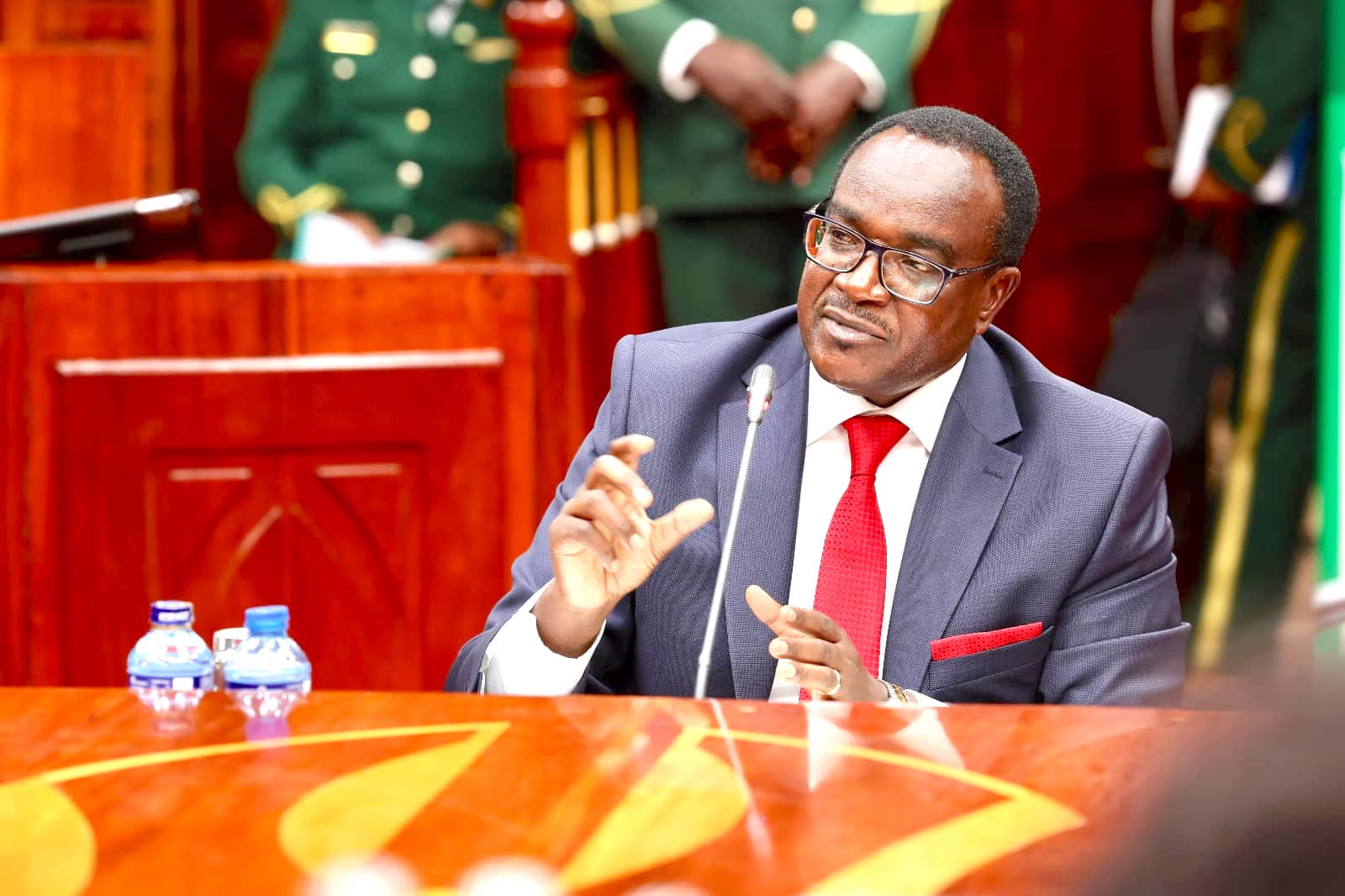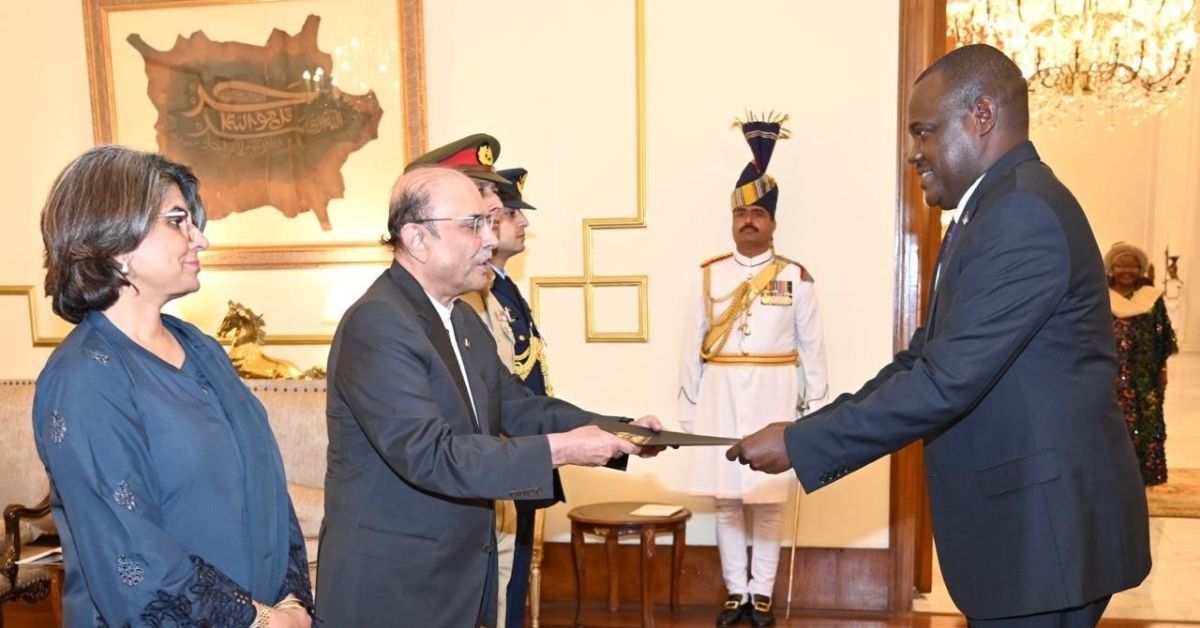Approximately 51,628 students who enrolled in universities are at risk of missing their exams due to unpaid fees caused by misclassification under the new funding model. Documents presented to MPs revealed that out of the 124,364 students who reported to universities, only 75,000 had paid their household contribution, while 49,000 had yet to pay, and another 2,628 had not applied for funding by the time of admission.
Of the 138,535 students placed in universities, 124,364 reported to their respective institutions. The revelations led MPs to express their shock and call for a complete overhaul of the funding model. They also instructed Education Cabinet Secretary Julius Ogamba to issue a circular to universities, ensuring that affected students can sit for exams following complaints that some had been denied the opportunity.
Education CS Julius Ogamba stated, “We have directed all public universities to admit students without requiring them to pay their household contributions upfront. As of September 20, 2024, 124,364 students had reported to their universities, but 2,628 had not applied for funding. Of the total, 75,000 students (60 percent) had paid their fees.”
Ogamba emphasized that no student should be barred from taking exams while the issue is being addressed. He promised to issue a directive similar to the one that allowed students to be admitted without initial payments.
Appearing before the Education Committee, chaired by Tinderet MP Julius Melly, Ogamba acknowledged the numerous complaints about the Means Testing Instrument (MTI) used in the funding model. He assured MPs that the ministry was working tirelessly to improve the model to meet scientific standards and be more acceptable. He disclosed that, in the 2024/2025 cycle, they had received 11,132 appeals, which would be addressed by December.
Ogamba explained that the inaccuracies in student categorization arose from several factors, including internet issues, computer literacy challenges, and a lack of knowledge about the process. He also noted that many students relied on cyber café attendants to submit applications, leading to errors. Some students provided inaccurate data due to fears of stigmatization, while others gave outdated information that no longer reflected their current financial situations.
He remarked, “The current structure does not adequately capture the diverse financial realities of Kenyan households, particularly those in the middle-income bracket.” During the session, Ogamba assured parents of Grade 9 students that by January next year, the government would complete the construction of 16,000 classrooms to accommodate the incoming cohort. He also noted that the first phase, involving 3,500 classrooms costing Sh3.5 billion, was nearly 70 per cent complete, while the second phase, covering 75,000 classrooms, would begin shortly, as Sh4.3 billion had been released by the National Treasury.
Additionally, textbooks had been developed and would be distributed later in the month, and 60,642 teachers had been trained and retooled, with more training planned for November and December.
However, MPs led by Julius Melly raised concerns that students were being denied the chance to sit for exams due to misclassification in the funding model. They also criticized the MTI for providing inaccurate results and placing students in incorrect financial bands. Melly called on Ogamba to instruct universities to allow students to take their exams while the MTI issue is resolved.
Melly remarked, “Please, CS, issue a circular directing universities to let students sit for exams as we address the MTI problem. These instruments are not giving accurate results.” Nyamira Woman Representative Jerusha Momanyi voiced concerns that students felt burdened by a flawed funding model. She questioned the ministry’s preparedness to implement the model, stating, “Students are complaining that the ministry is forcing this model on them, yet it isn’t working. What are you doing to correct this?”
Kibra MP Peter Orero asked whether Ogamba was willing to admit that the MTIs were not robust enough to categorize students correctly. He asked, “What steps are you taking to resolve this issue, Mr. CS?” Geyo Marakwet East MP Timothy Toroitich suggested suspending the new funding model to allow Parliament to review it, arguing that it was not functioning as intended.





